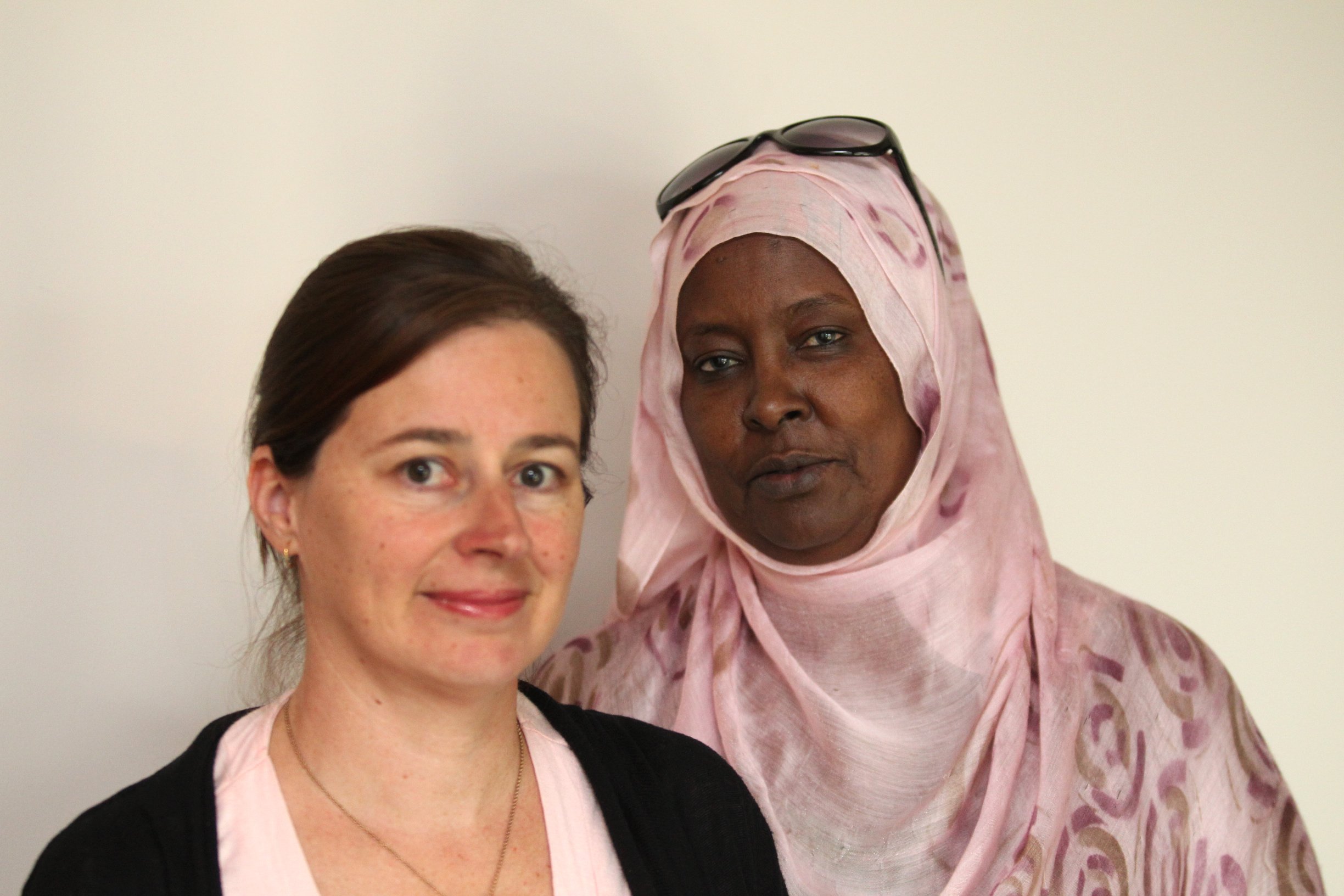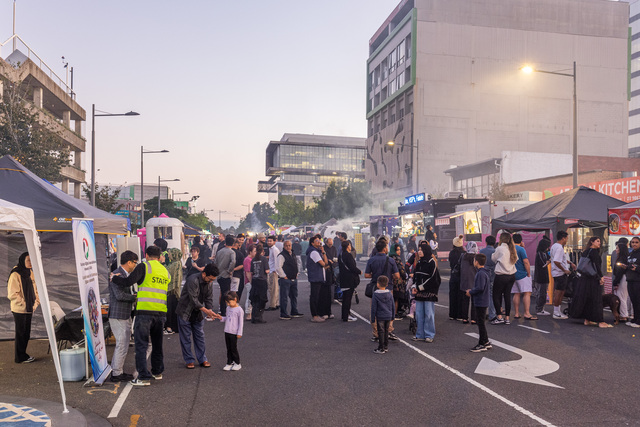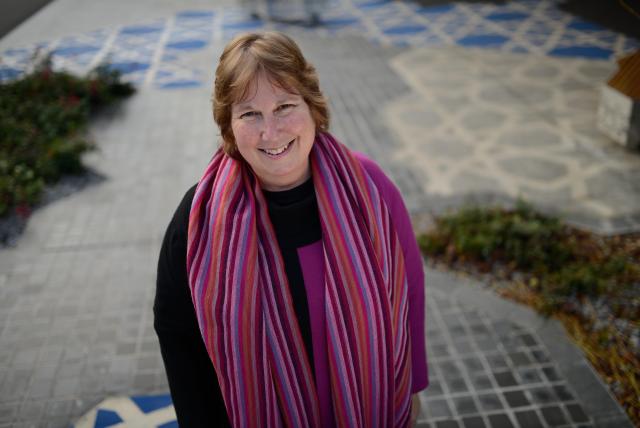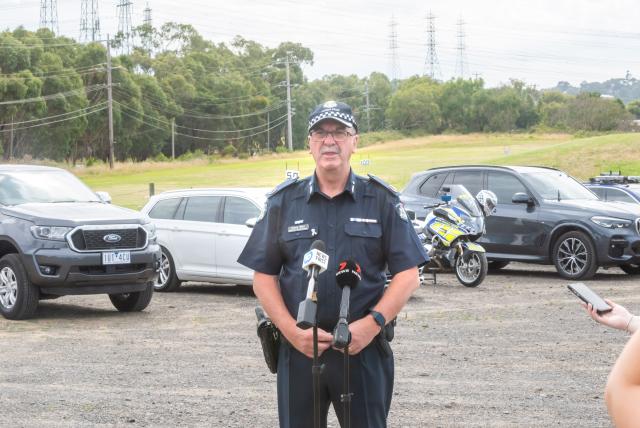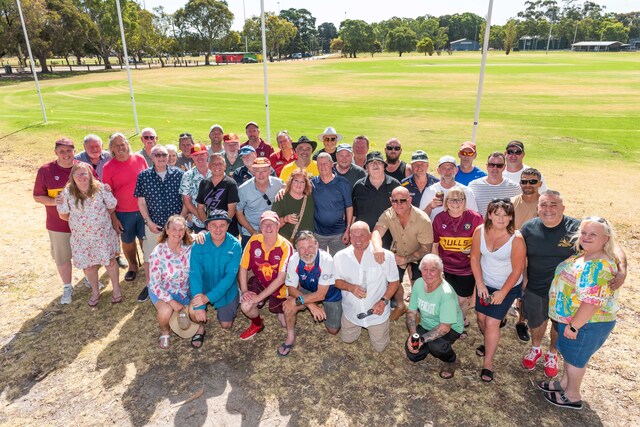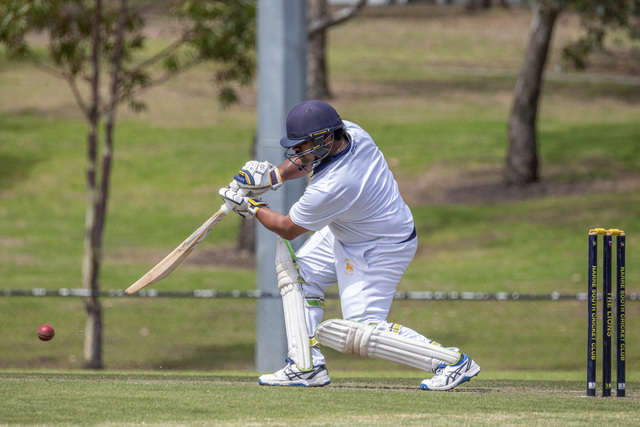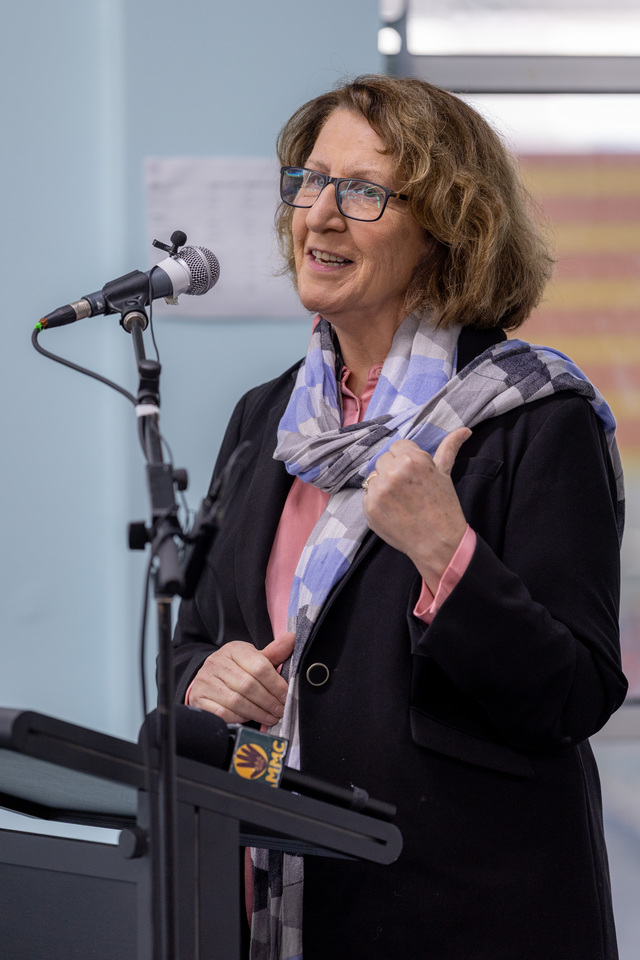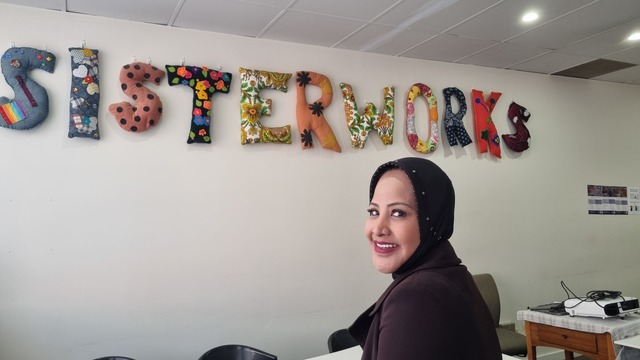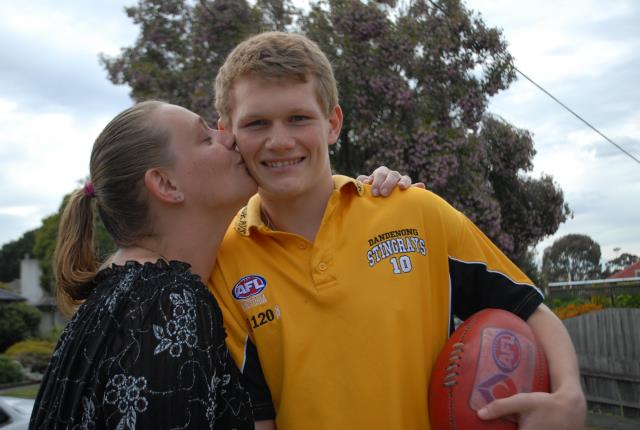By CAMERON LUCADOU-WELLS
EXPERTS in women’s health say families could still be finding ways to have their daughters circumcised — despite the practice being outlawed in Victoria.
While Faduma Salah Musse, a family and reproductive rights education program field worker with the Family And Reproductive Rights Education Program (FARREP) based in Dandenong, says she’s not aware of any specific acts of female circumcision — also described as ‘female genital mutilation’ — in Melbourne’s south-east, it was more likely that families would instead travel overseas for the operation on girls as young as five years.
Such ‘holidays’ are also illegal under Victorian law.
Ms Masse said cultural beliefs supporting the procedure were waning, but any illegal circumcisions would be difficult to detect.
In Victoria, it is illegal to remove or cut any part of female genitalia including the clitoris and labia, or to stitch up the female genital area to narrow or close the vaginal opening.
Those who perform or help find someone to perform a procedure can be jailed for up to 15 years and is regarded as ‘child abuse’ if performed on a female younger than 18 years.
Ms Musse, who grew up in Somalia where the procedure is commonly performed, said the extra threat of jail time and losing one’s child was a heavy deterrent for Australian families.
But in her homeland, uncircumcised girls and women were ostracised. The practice was grounded in custom, not proscribed by religion.
“Back in Africa, it’s something widely believed as the right thing to do,” Ms Masse said. “They’re trying to protect their daughter. They want her to get married and have a good life, and believe it’s difficult to get married if you’re not circumcised.”
As a community leader, Ms Masse visits schools and community groups to spread word that the practice is illegal and has health consequences including infections, infertility, painful periods and childbirth difficulties. A botched procedure could lead to death.
FARREP manager Trish Plompen said Dandenong was identified as a popular residence for new arrivals from countries most widely practising female circumcision, such as Sudan, Eritrea, Ethiopia, Somalia, Yemen, Oman and Saudi Arabia, India, Indonesia, Malaysia and Pakistan.
“It’s so hard to calculate how prevalent it is in Australia,” she said. “There’s no sign on any medical records saying ‘female circumcision’. That data is not recorded. Someone who has had it performed will often deny it also because of the legal consequences.”
There have been recent charges in other Australian state: an alleged circumcision of six and seven-year-old girls in Sydney, and a Perth couple for allegedly arranging for their one-year-old daughter to be circumcised in Bali.
However, the FARREP team is confident that its educative fieldwork has reduced the problem locally.
“Five years ago, it was more prevalent,” Ms Masse said.
“You ask a young man now: ‘Are you going to marry a girl who’s not circumcised?’ They say: ‘What are you talking about?”‘
What do you think? Post a comment below.
For all the latest breaking news, stay with this website. Also, follow the Weekly at facebook.com/dandenongjournal or on Twitter @DandyJournal.

